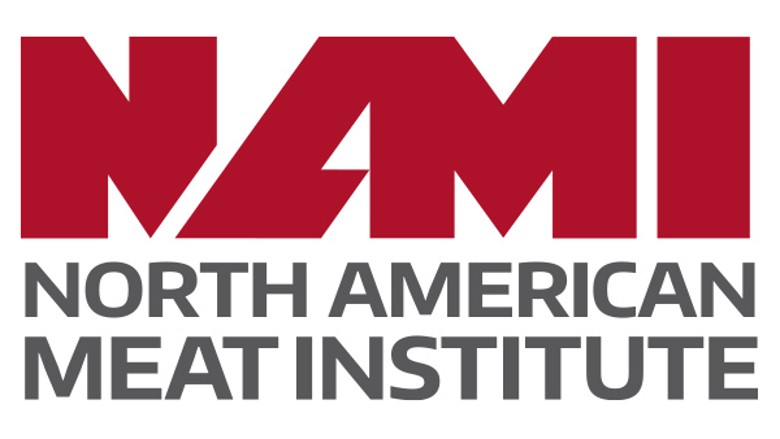Black Professionals in Food and Agriculture (BPFA) and the North American Meat Institute (NAMI) entered a partnership to amplify black voices and promote diversity, equity, inclusion and belonging (DEIB) in food and agriculture spaces.
“As BPFA membership continues to expand, it is imperative that we meet this moment by elevating opportunities to carry out our mission of promoting, advancing, and ensuring representation of Black policy professionals,” said Kellie Adesina, BPFA president. “This partnership solidifies NAMI’s commitment to growing the current and emerging cohorts of Black leaders in the food and agriculture space and is only the beginning of what is certain to be a fruitful relationship between BPFA and NAMI.”
Through this partnership, BPFA will have representation on NAMI’s Diversity, Equity and Inclusion Committee, which is comprised of individuals from NAMI meat and poultry companies interested in advancing their companies DEIB efforts.
NAMI recently participated in a panel discussion convened by BPFA to discuss equity and inclusion in the 2023 Farm Bill. The two organizations look forward to continued dialogue through the partnership.
BPFA’s mission to promote, advance and ensure representation of Black professionals aligns with that of the Protein PACT: For the People, Animals, and Climate of Tomorrow , an industry-wide effort created by NAMI to unite the animal protein industry and establish transparent baselines and benchmarks for continuous improvement. This effort involves setting ambitious targets for focus areas including labor and human rights, worker safety, health and wellness, and environmental sustainability, among others.
The Protein PACT benchmarks require participating companies — which represent more than 90% of the meat and poultry consumed in the U.S. by volume — to implement a mission statement on DEIB, ensure diversity in both hourly and salaried company positions, conduct social compliance audits to go above and beyond federal and state labor laws, and respect human rights as set out in the United Nations Universal Declaration of Human Rights.
Source: NAMI



Report Abusive Comment